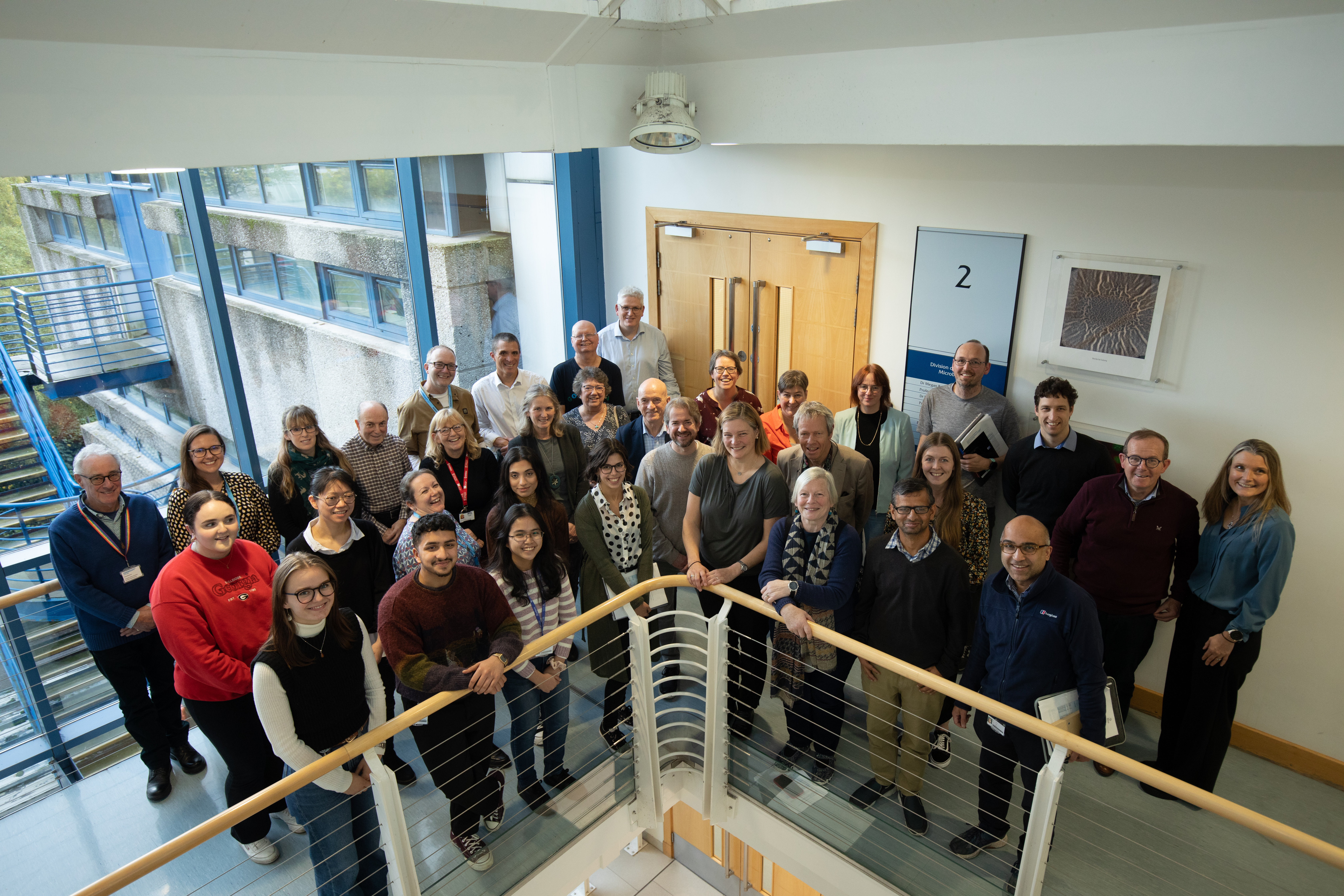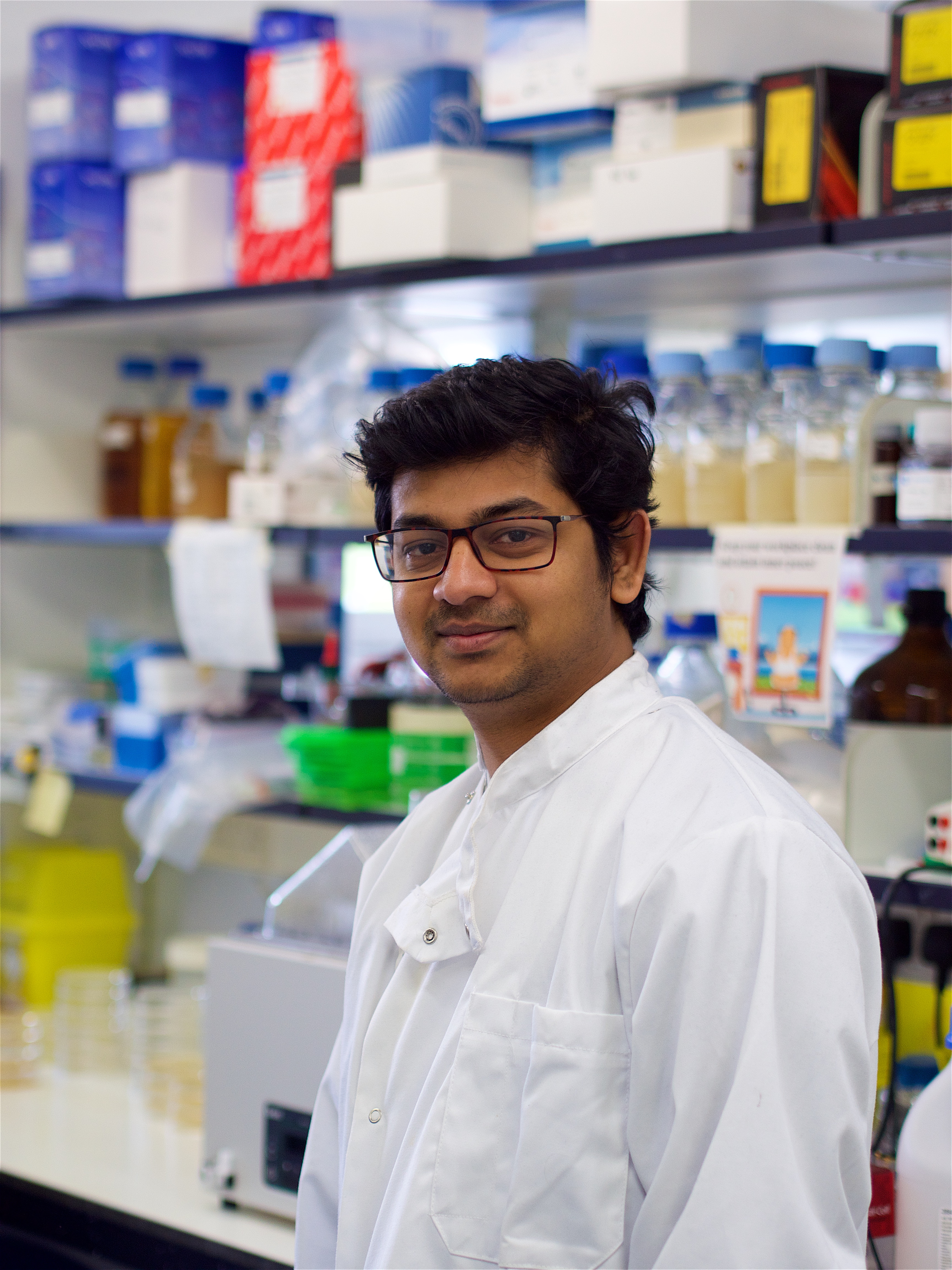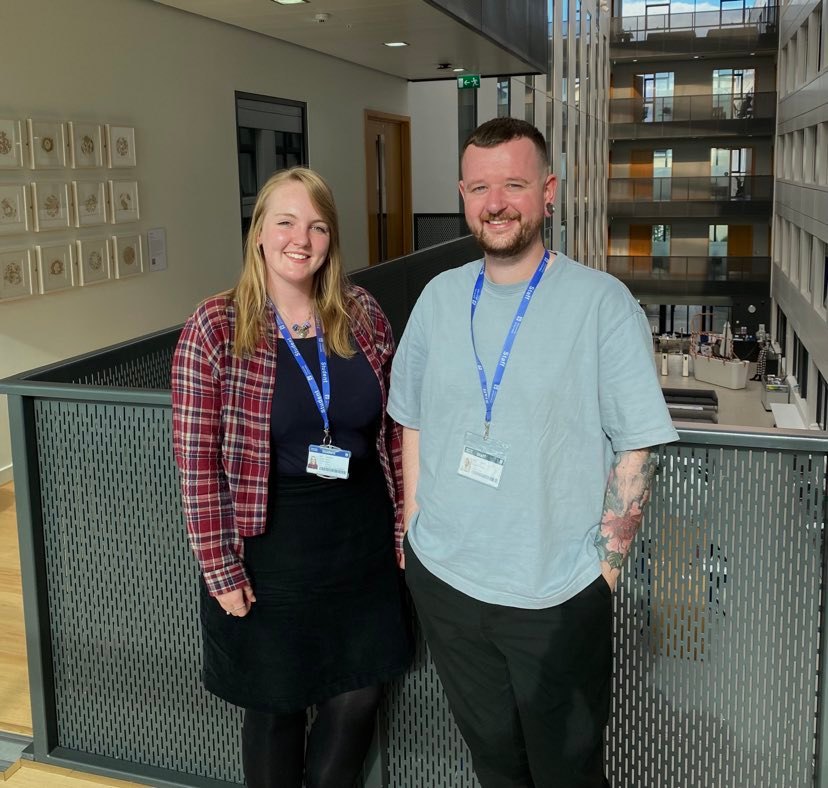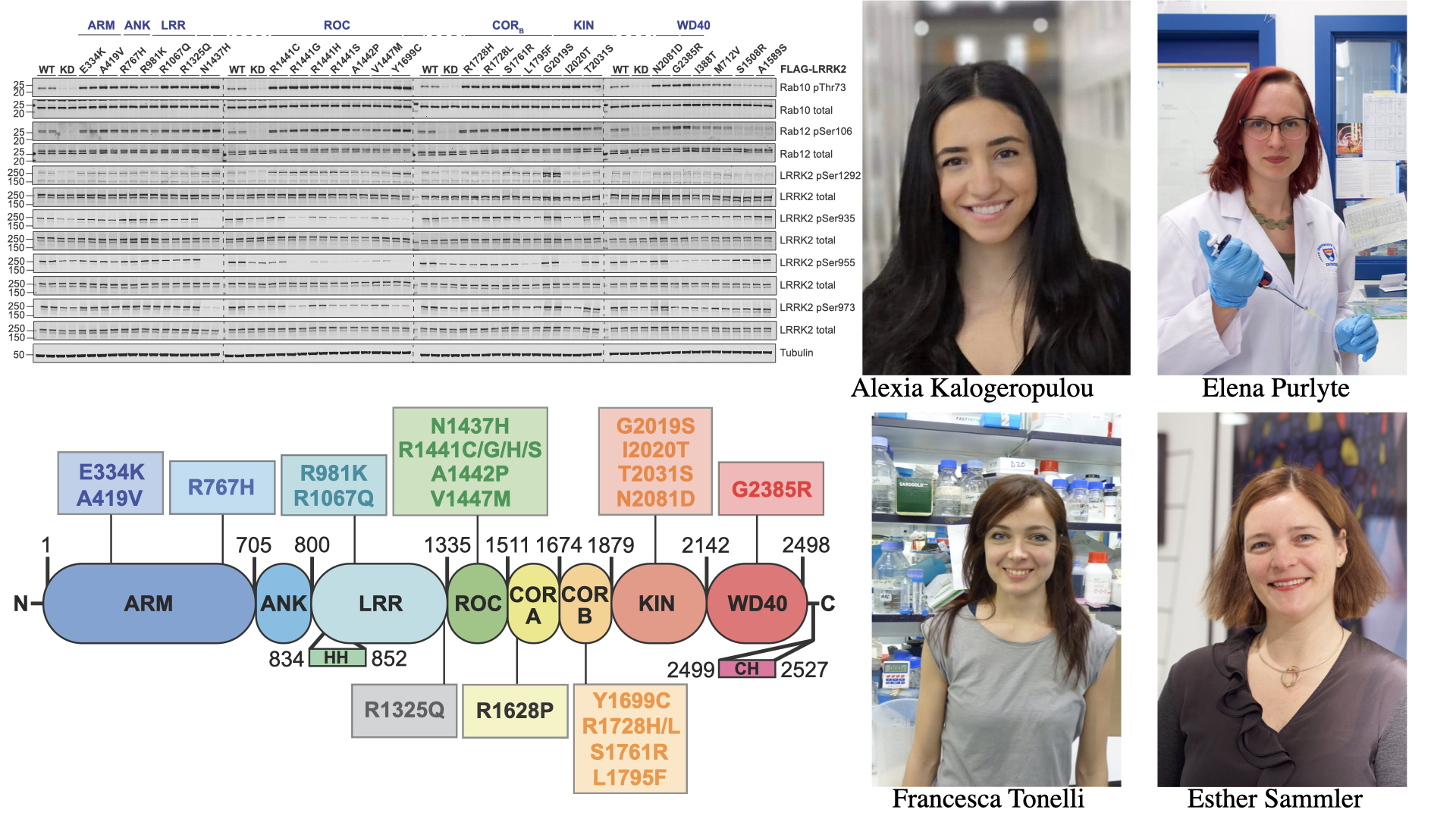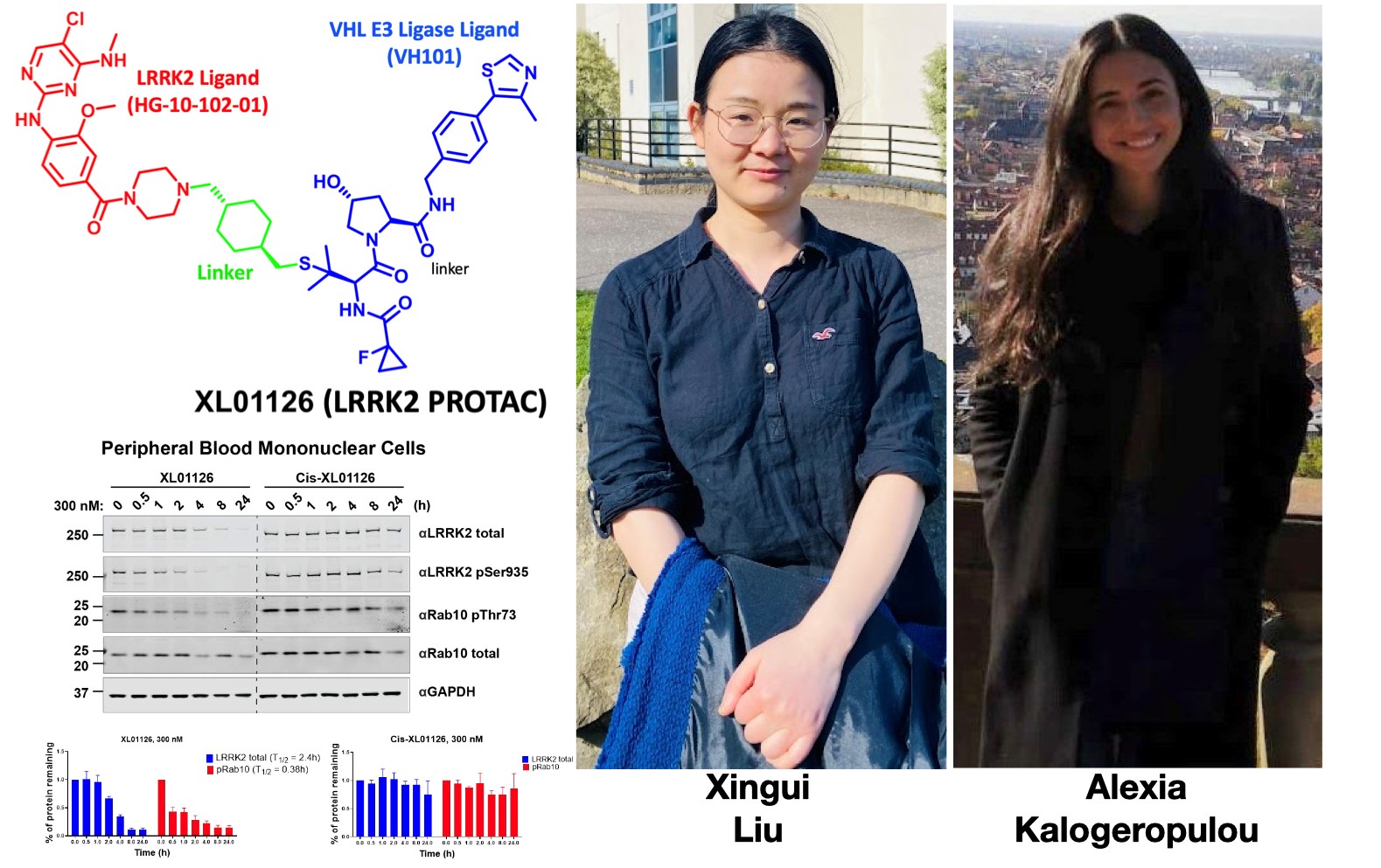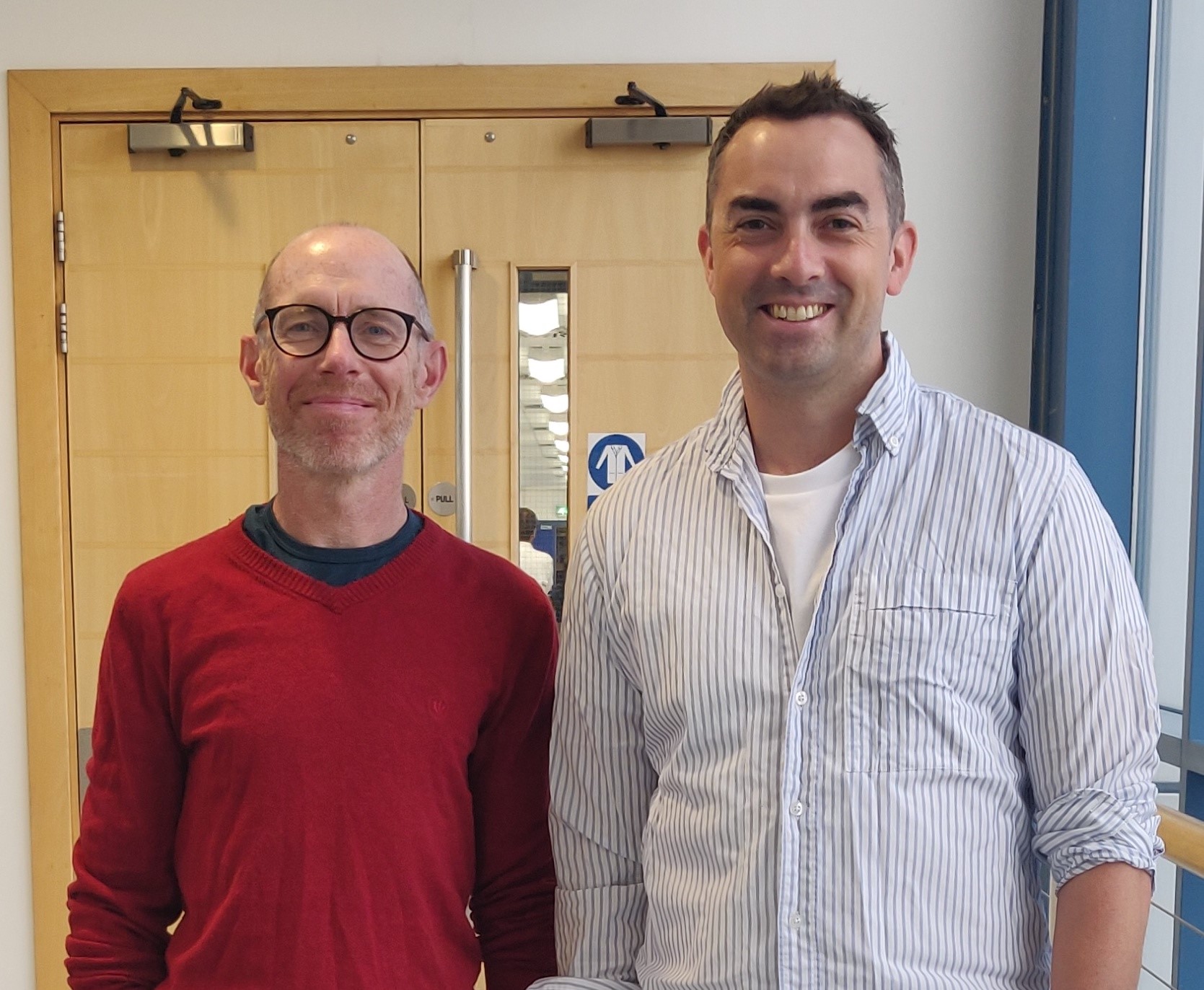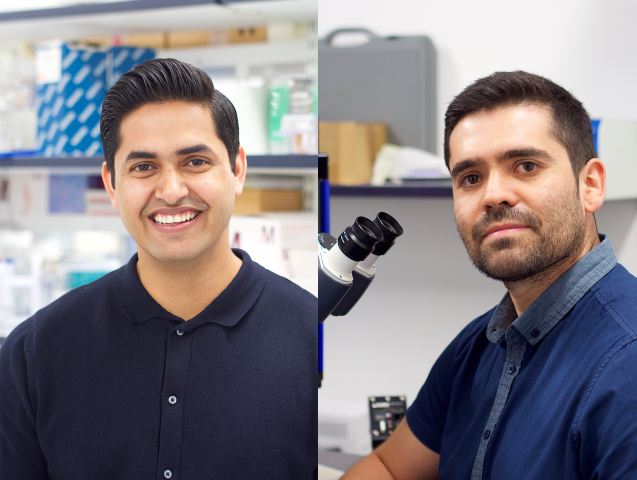On November 7 of this year, the Parkinson’s UK’s leadership team including CEO Caroline Rassell, Deputy director of research Professor David Dexter and the new Scotland director James Jopling visited the Parkinson’s research team at the University of Dundee. In the morning, researchers from Dundee including Professor Dario Alessi, Dr. Paul Davies, Professor Miratul Muqit, Dr.
…moreNews
Mitochondria and peroxisomes are key eukaryotic metabolic organelles. They perform essential and related roles including fatty acid metabolism and ROS (Reactive Oxygen Species) scavenging.
…moreDiscovered only in 2004, UFM1 is the most recently identified Ubiquitin-like protein. Like ubiquitin, UFM1 is post-translationally attached to proteins via an enzymatic cascade. Ribosomes located at the endoplasmic reticulum, the large molecular machines that carry out protein synthesis, are the main cellular targets of UFM1 attachment.
…moreTargeted protein degradation has become an exciting new drug modality. Tens of small molecule degraders, including proteolysis-targeting chimeras (PROTACs), have entered clinical trials to treat many different diseases.
…moreMutations that increase the kinase activity of LRRK2 cause Parkinson's disease and therapies that reduce LRRK2 kinase activity are being tested in clinical trials.
…moreCongratulations to Asad Malik (Phd Student) and Athanasios Karapetsas (ex MRC PPU postdoc, now working in AstraZeneca) for their tremendous work that has elucidated the mechanism of activation of the Leucine-rich-repeat-kinase 1 (LRRK1) protein kinase.
…moreResearchers from the University of Dundee have discovered a small molecule that helps to eliminate a Parkinson’s disease-causing protein.
Parkinson’s disease is a progressive neurodegenerative disorder affecting more than 10 million people worldwide. No cure is available and current treatment is limited to symptomatic management.
…moreUFM1 is a ubiquitin-like protein conjugated to ribosomes and is important for secretory protein biogenesis and endoplasmic reticulum homeostasis. For this to occur, mature UFM1 must first be generated through the proteolytic removal of amino acids at the C-terminus of UFM1. However, the enzyme responsible for this process in humans has remained elusive.
…moreResearch published by the groups of MRC-PPU researchers Greg Findlay and Satpal Virdee reports a new method to shed light on how cell communication is disrupted in patients with certain forms of intellectual disability. These highly debilitating conditions affect 1-3% of the world’s population and most have no cure or treatment.
…more
Dr. Mahima Swamy from the MRC PPU was awarded tenure last month and has also been successful in obtaining £560,000 from the Wellcome Trust as a 2-year extension to her Henry Dale Fellowship. Her research explores how immune cells resident in the gut respond to infection and protect the gut from disease.
…more

